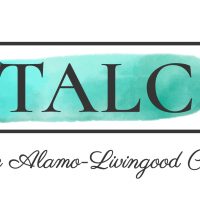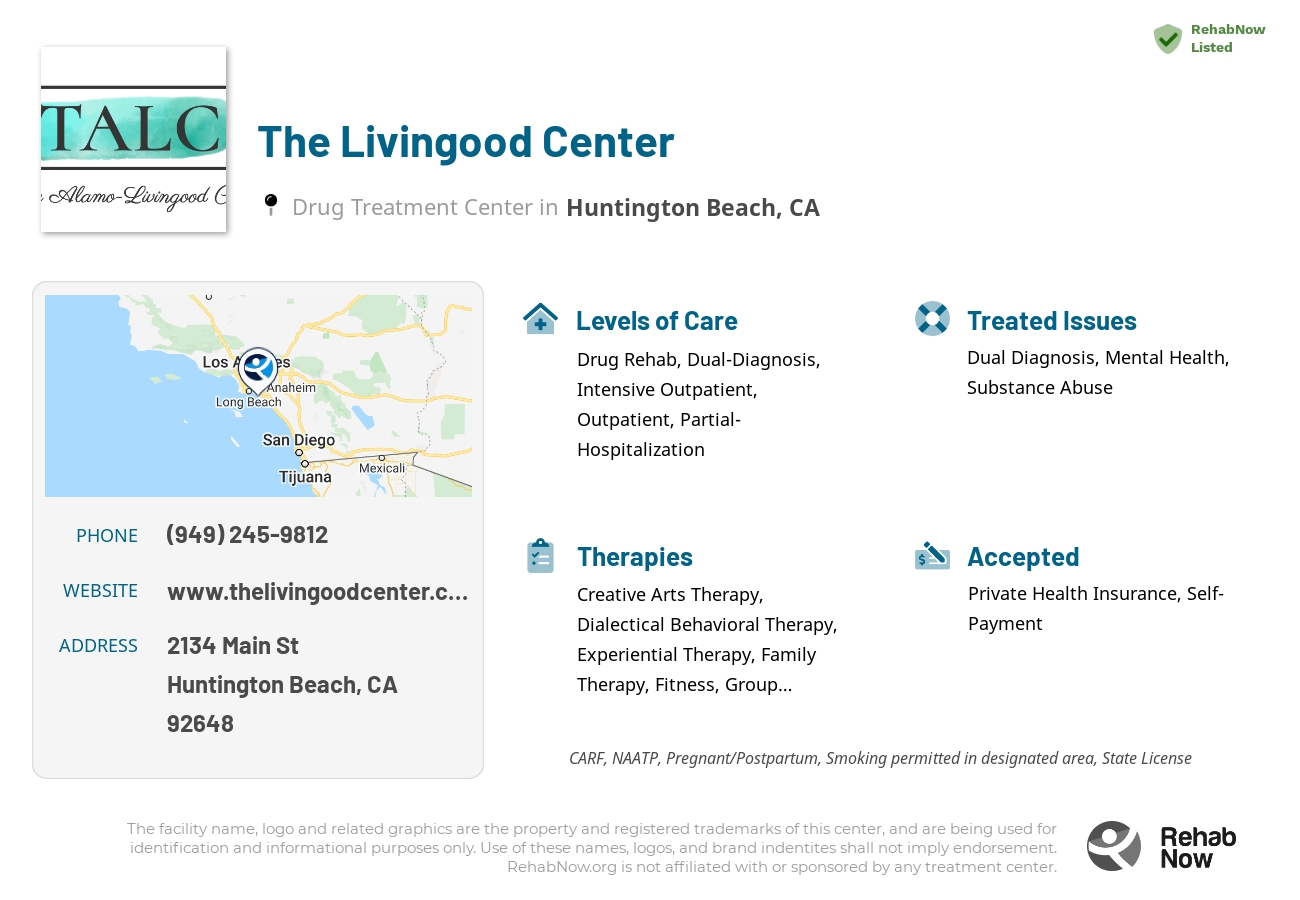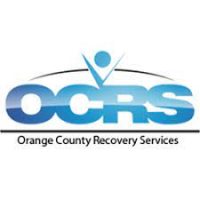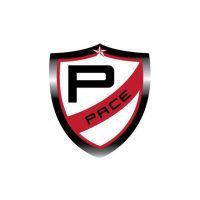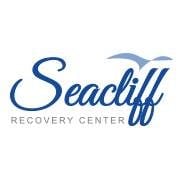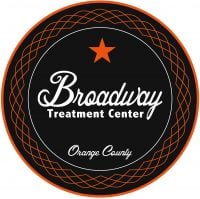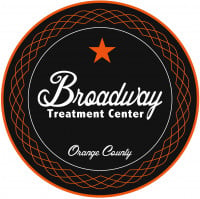The Livingood Center
Drug Rehab Center in Huntington Beach, California
The Livingood Center for Addiction Treatment in Huntington Beach, CA offers a comprehensive drug rehab program that provides a wide range of therapeutic services, evidence-based treatments, private rooms, recreational activities, dual-diagnosis programs, and accepts most health insurance plans.
About The Livingood Center in California
The Livingood Center, located in Huntington Beach, California, is a reputable facility that provides comprehensive treatment for individuals seeking to overcome substance abuse and addiction. This center specializes in helping those with dual diagnosis concerns and mental health issues alongside addiction. The Livingood Center offers several levels of care including drug rehab, intensive outpatient programs, partial hospitalization as well as outpatient options. They accept private health insurance which can help ease the financial burden of seeking treatment.
With a focus on holistic healing and personal growth, The Livingood Center employs various evidence-based treatment methods to address addiction and substance abuse. In addition to traditional therapy sessions such as individual counseling and group therapy, they offer specialized services like cognitive-behavioral therapy (CBT), dialectical behavior therapy (DBT) and trauma-informed care. These therapeutic approaches are designed to assist patients in developing healthier coping mechanisms while addressing underlying issues contributing to their addictive behaviors. Furthermore, The Livingood Center also integrates complementary treatments such as mindfulness practices or art therapy into their programs for a more well-rounded approach towards recovery.
Genders
Ages
Modality
Additional
Conditions and Issues Treated
Substance abuse is a severe problem that affects many people in Huntington Beach, CA. It is characterized by the excessive and inappropriate use of drugs, including alcohol, medications, and illicit drugs. Substance abuse can lead to physical or psychological dependence and affect social life and relationships. Treatment options include medications, counseling sessions, behavioral therapy, and group therapy. If you are suffering from substance abuse, contact for the latest treatments available.
Dual Diagnosis therapy is considered more successful than traditional rehab methods because it treats the addiction and the underlying mental health disorder simultaneously. This comprehensive approach gives Huntington Beach, CA patients the best chance for long-term recovery. If the patient does not receive treatment for both conditions, they are more likely to relapse.
Levels of Care Offered
This center offers a variety of custom treatment tailored to individual recovery. Currently available are Drug Rehab, Dual-Diagnosis, Intensive Outpatient, Outpatient, Partial-Hospitalization, with additional therapies available as listed below.
An intensive outpatient treatment program, or IOP, is set up for those struggling with an addiction to begin the recovery process. However, the patient will not live at the facility during treatment.
IOP involves patients coming in and out of a medical office building regularly to receive therapy and other services while continuing their life outside of these visits.
IOP is a step up from drug detoxification or alcohol detox. However, it’s still considered a phase of recovery rather than the ultimate goal. There are many rehabs and treatment facilities available to patients in need of IOP.
Outpatient treatment consists of counseling and therapy sessions. The outpatient treatment process begins with the addict’s initial detox period, lasting about ten days. Outpatient treatment is used for those who are at moderate risk for “slipping back” into the addiction. It is also used for those who are not currently experiencing any side effects from withdrawal, can handle social pressure, have a stable living environment, and have a good support system.
PHP or Partial Hospitalization Program treatment is a treatment that takes place in a treatment facility for an individual affected by addiction. This treatment is generally more than outpatient treatment and less than inpatient treatment. It can be adjusted for an individual’s treatment needs.
Therapies & Programs
Individual Therapy is a crucial component of addiction recovery. Therapists work with patients to identify the root of their addiction and figure out how to better handle the issues that led to them using drugs. Individual Therapy is one on one sessions where people meet with their therapist. Individual therapy provides a safe space for people to open up and discuss personal and sensitive topics which they may not feel comfortable discussing in a group setting.
In this type of therapy, therapists can develop specific solutions for each patient, which helps speed up their recovery process. In addiction recovery, therapy is a crucial part. It allows patients to go deep into their core issues and discover how those problems can be better handled now. Therapy can be performed in individual sessions as well as group settings. In individual therapy for addiction, the patient meets with the therapist one-on-one to focus on the underlying issues of addiction and come up with solutions to prevent future abuse.
Family therapy is a crucial part of drug treatment and getting sober. It is one of the most effective ways to help addicts stay on the path to long-term sobriety. One of the most important parts of family therapy is the relapse prevention plan. During treatment, therapists and doctors will often sit down with the addict and their family to develop a plan if the addict ever feels like they want to use again. This plan should involve steps the addict and family can take together to prevent them from relapsing in the future.
An addict’s family can play a vital part in helping them to avoid relapse because they can spot the warning signs and help them get back on track before it becomes too much of a problem. Family therapy is one of the most effective ways to help addicts stay on the path to long-term sobriety.
Group Therapy is employed by drug treatment centers like The Livingood Center to provide the recovering addict with a platform to talk about their feelings and experiences. It also provides for an opportunity to learn from other addicts who have successfully overcome their addiction. It is recommended that all group members be recovering addicts for this type of therapy to work.
Dialectical behavior therapy (DBT) is a type of cognitive behavioral therapy that is focused on helping those with problematic behaviors caused by intense emotions and thoughts control and regulate their emotions and behavior.
Dialectic Behavior Therapy is beneficial for:
- People who have chronic suicidal thoughts and behaviors
- People who have chronic drug cravings
- People who have difficulty establishing and maintaining personal relationships
- People who have a mental disorder such as Borderline Personality Disorder
- People who have experienced trauma in their life
Cognitive Behavioral Therapy (CBT) is an approach and method in psychotherapy. The Livingood Center asks people to investigate how their thoughts, including habitual, harmful, and inaccurate ways of thinking, affect behaviors. CBT is based on the idea that rigid, inflexible ways of thinking cause people to have a limited ability to cope with stress, which leads to emotional distress.
Likewise, CBT helps people identify maladaptive behaviors and replace them with more positive behaviors. It makes you look at the way you perceive something and ask: Is this a realistic belief? CBT asks people to look at the role of behaviors and emotional responses and how they may be distressing in one’s life. The goal of CBT is to change the way people think and behave to achieve a more balanced, healthier lifestyle.
Moreover, CBT has been shown to reduce some types of anxiety disorders, depression, and symptoms related to thoughts or actions that are considered harmful.
Life Skills Services provide services aimed at helping people enter into and maintain long-term sobriety. The services are offered at varying levels of intensity, specific to the needs and requirements of each patient. Some benefits of these services are restoring hope and empowerment, enhancing family involvement, increasing patient compliance, and reducing relapse rates.
Training someone on improved life skills allows someone recovering from an addiction to feel more capable of taking care of him or herself. The skills taught in The Livingood Center are daily skills that give a better recovery foundation by simply giving the person tools they need to survive.
Patient Experience
Creative Arts
Creative arts therapy is a form of expressive therapy that can help individuals express themselves in a nonverbal way. Because addicts often feel trapped by their addictions and have a difficult time finding the words to express how they are feeling, creative arts therapy can be beneficial in treating addiction by offering alternative options for expression.
Art therapy can benefit people who are in addiction treatment services in the following ways:
- Encourages self-expression
- Creates a strong foundation for emotional healing
- Offers an outlet to express thoughts and feelings without speaking
- Can be incorporated into different types of therapy sessions to help addicts work through difficult issues, stress or anxiety.
Experiential Therapy at The Livingood Center
Experiential therapy at The Livingood Center includes helping people work through emotional disorders by participating in events in real-time. It moves away from conventional talk therapy to discuss their concerns and emotions by making patients play roles or use props. It allows people to handle trauma and feelings healthily, reducing the need to resort to alcohol and substances in Huntington Beach, CA.
Fitness Therapy
Fitness therapy is beneficial in drug treatment programs as it provides an alternate coping mechanism for stress and a new outlook on life. It is especially useful for those who were formerly involved in organized sports. Additional benefits of fitness therapy are enhanced physical appearance, an improved body image, and socialization with like-minded individuals.
Payment Options Accepted
For specific insurance or payment methods please contact us.
Is your insurance accepted?
Ask an expert, call (888) 674-0062
Additional Details
Specifics, location, and helpful extra information.
Huntington Beach, California 92648 Phone Number(949) 245-9812 Meta DetailsUpdated November 25, 2023
Staff Verified
The Livingood Center Patient Reviews
There are no reviews yet. Be the first one to write one.
Huntington Beach, California Addiction Information
More than 3 million of California's citizens are addicted to illegal drugs. Almost 800,000 people use hard drugs, almost 5 million use marijuana, and another 2.1 million abuse alcohol every year. Other substance abuse issues such as binge drinking and teen drug use are also common. Many illegal drugs such as cocaine, heroin, methamphetamine, and marijuana are smuggled into the state from Mexico.
Huntington Beach had the second-highest number of opioid overdose deaths from 2011 to 2015, with a total of 106 fatalities. It also has the highest DUI arrest and nighttime traffic accident rates. The most commonly used drugs in Huntington Beach are marijuana, cocaine, and opioids. The facilities in Huntington Beach offer expert assistance in managing withdrawal, detoxing safely, and working through the various stages of rehabilitation.
Treatment in Nearby Cities
- Colton, CA (47.9 mi.)
- Oakhurst, CA (268.8 mi.)
- Topanga, CA (44.8 mi.)
- Moreno Valley, CA (47.8 mi.)
- Covelo, CA (512.9 mi.)
Centers near The Livingood Center
The facility name, logo and brand are the property and registered trademarks of The Livingood Center, and are being used for identification and informational purposes only. Use of these names, logos and brands shall not imply endorsement. RehabNow.org is not affiliated with or sponsored by The Livingood Center.
